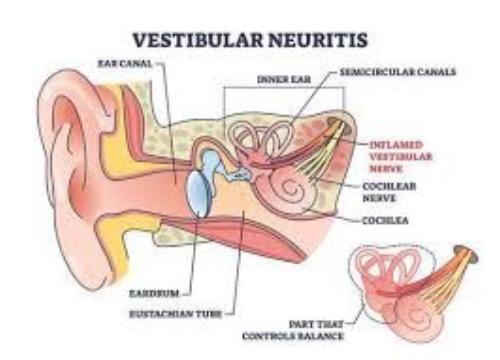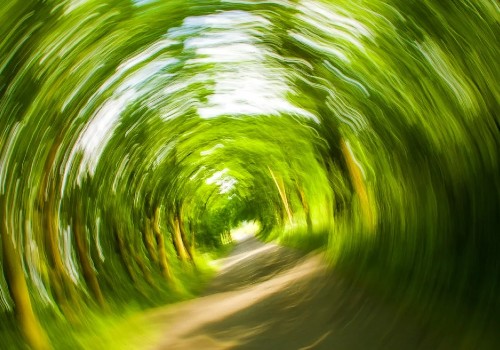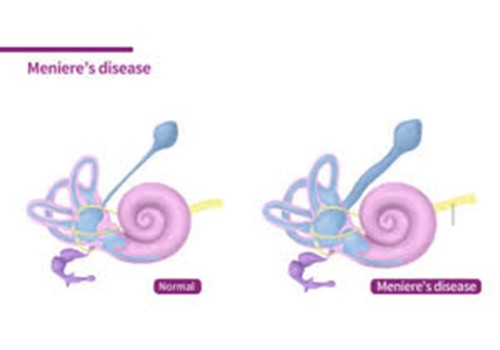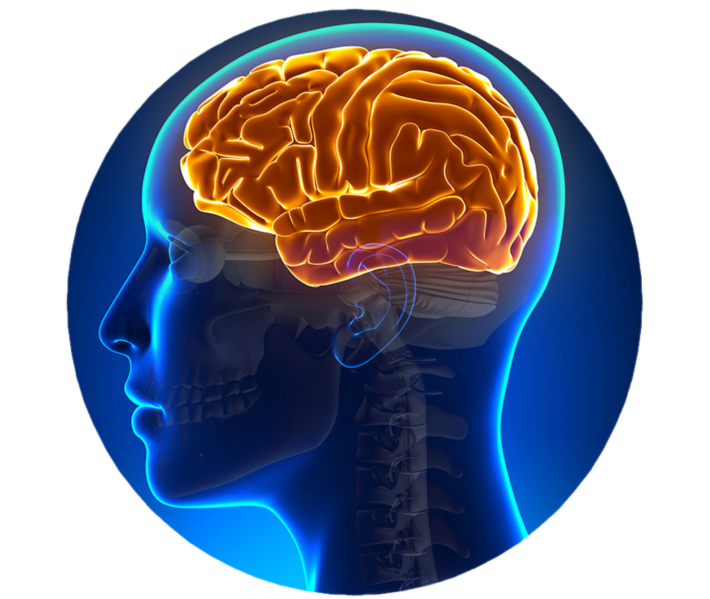What is it?
It is a common inner ear pathology occurring due to inflammation on the vestibular part of the cranial nerve. The cause is typically thought to be of viral origin. It typically presents with a sudden inset of vertigo, nausea and balance difficulties.
What are the symptoms?
Spinning vertigo usually occurs in one episode and can last for minutes to hours it can also be accompanied by difficulty with balance. Symptoms are usually not triggered by positional changes but can be aggravated by these. Symptoms are typically worse for the first couple of days, but it can be weeks to months for all vestibular and balance symptoms to fully resolve. You may report a preceding or concurrent viral infection, but it can be absent in 50% of cases, a possible cause is thought to be the reactivation of the HSV virus.
What should I do?
You may consider visiting your GP to exclude other causes for vertigo and imbalance. They may also consider medication (vestibular suppressants or anti-sickness) to help with the acute vertigo symptoms and nausea, but you may still feel off balance. You may be advised to seek the expertise of a vestibular trained Physiotherapist for further assessment and intervention to help you return to your typical activities with reduced symptoms.
What can we do?
As vestibular physiotherapists we can complete a full and thorough assessment to identify a possible cause to your symptoms as a variety of different things can cause vertigo and imbalance. It is important that we understand the specific things that are aggravating your symptoms so that we can provide an individualised and specific exercise programme. Length of recovery can vary person to person, we aim to review your progress to ensure that your are progressing as expected. Research has shown that following a confirmed diagnosis of vestibular neuritis, early intervention with vestibular rehabilitation provides better outcomes (reduced dizziness and return to acitivties of daily living) compared to education and medication alone.
In most cases patients have a complete resolution of symptoms with the correct input however 15% on patients can still have vestibular difficulties at one year following onset. Every person is individual, and we will work closely with you to give you the best chance of returning to the activists you enjoy.
Reference List:
Smith T, Rider J, Cen S, et al. Vestibular Neuronitis. [Updated 2023 Jul 21]. In: StatPearls [Internet]. Treasure Island (FL): StatPearls Publishing; 2024 Jan-. Available from: https://www.ncbi.nlm.nih.gov/books/NBK549866/
Tokle G, Mørkved S, Bråthen G, Goplen FK, Salvesen Ø, Arnesen H, Holmeslet B, Nordahl SHG, Wilhelmsen KT. Efficacy of Vestibular Rehabilitation Following Acute Vestibular Neuritis: A Randomized Controlled Trial. Otol Neurotol. 2020 Jan;41(1):78-85. doi: 10.1097/MAO.0000000000002443. PMID: 31789800.






